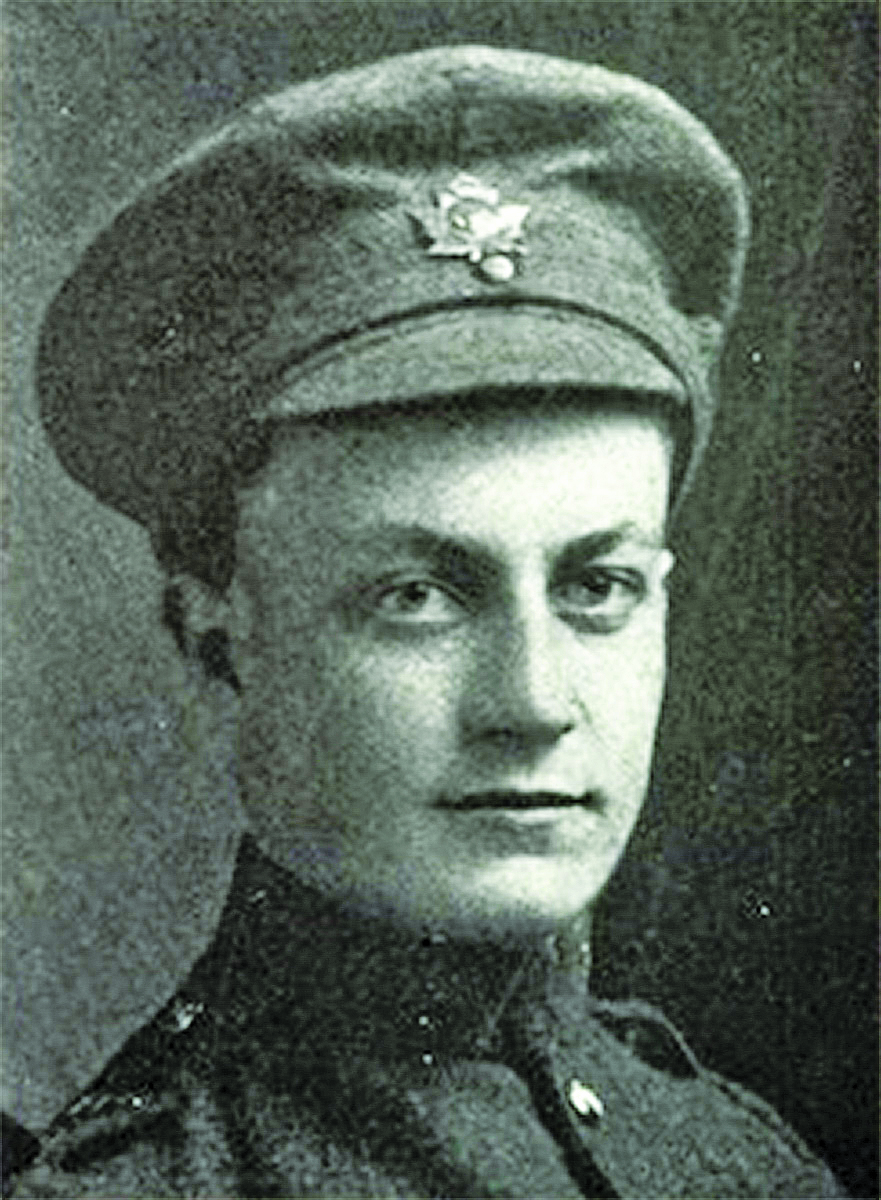Tom Slater and Tom St. Amand
The grave marker reveals little about Albert Edwin Potter, beyond the fact he died at the age of 22 on Aug. 6, 1918.
It certainly doesn’t tell us about the determination of the man, or the extraordinary steps he took to fight for his home and country.
Three times Albert Potter tried to see active on the front line of the First World War, and three times his superiors rejected him.
But, as one person observed, the Point Edward man had “a spirit that would not stay down.”
Potter was just 19 when he enlisted in No. 3 Stationary Hospital Corps early in 1915, but after four months of duty with the unit he contracted pneumonia and was discharged. Rejection number one.
He convalesced for three months and rejoined the Hospital Unit, but only for one day. The pneumonia came back and he was discharged again. Rejection number two.
Potter returned to hometown and could have easily stayed there. But when the Lambton 149th was organized, he reenlisted with the Battalion Band in February of 1916. He was determined to fight, and Private Potter was at least headed back overseas, even if it was as a musician.
He was stationed in England until drafts for active service in France led to the band’s dissolution. Once more he volunteered to fight in France and again awaited the decision.
He was deemed unfit to serve. Rejection number three.
Instead, he was transferred to the 156th Battalion Band and toured the hospitals in England, giving musical concerts to cheer up wounded soldiers and sailors.
Then, in February of 1918, Potter finally achieved his goal.
He was sent to France with the Canadian Infantry in the 21st Battalion of the Eastern Ontario Regiment, and almost immediately rushed to the front lines.
Private Potter had no illusions about war. He saw two of his best friends killed in two months. Despite sadness and heartache, he remained cheery and optimistic in his letters home.
In the final one, sent to his parents on Brock Street, he asked them not to worry, that he hoped to see them soon.
On Aug. 6 as Canadian troops began the final Hundred Days Campaign his battalion pushed past Villers Bretonneux to occupy new positions in the front line trenches.
An enemy shell hit an ammunition dump and the blast killed Albert Potter and several others instantly.
Back in Sarnia, his family received a letter from the chaplain.
It said young Albert “suffered no pain” and “was a good soldier.”
His remains are buried in the Longueau British Cemetery in Somme, France, and his name is inscribed on the Sarnia Cenotaph.
A local tribute was written for Albert Potter. It began with the words, “What a price we are paying for liberty.”


